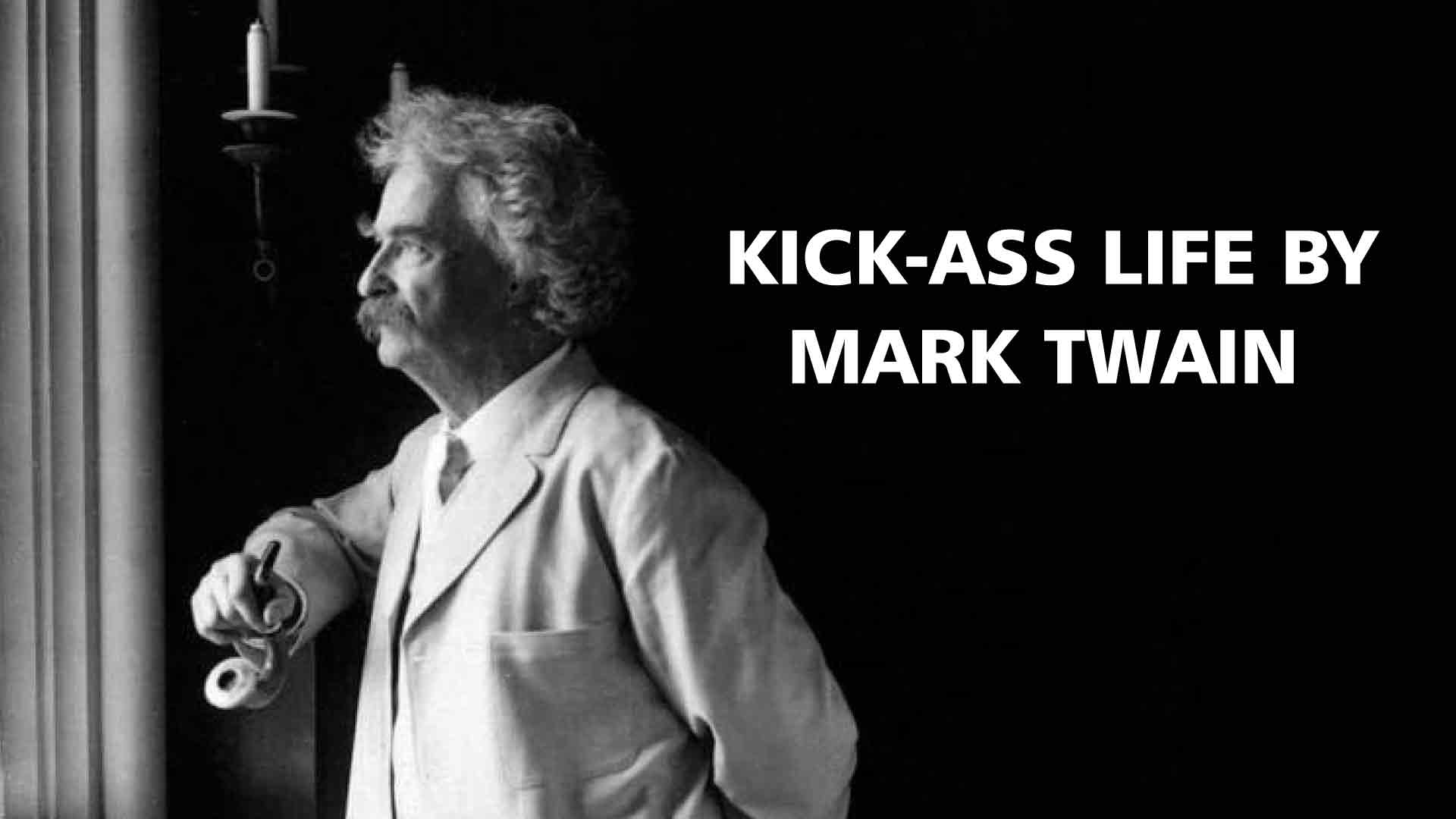Public Speaking, which is also known as Oration or Oratory, is the process of delivering a speech in front of a live audience. It is believed to be a part of the art of persuasion.
Performing or speaking in public is believed to be one of the biggest fears of many people. Some people might even agree that it is something that they fear more than darkness, loneliness, and confined places. Sweaty palms, racing heart, shaking legs and cracked-up voice.
We all have faced the not-so-pleasant experience at least once in our lives. This fear of speaking in public is called Stage Fright and it can take a toll on our self-confidence and self-esteem. It may even result in leaving one’s job or giving up a promotion. There have been many instances where we were required to perform in public, whether to introduce ourselves, deliver a speech or talk in a group meeting.
What if I mess up?
What if I forget an important part of the speech?
What if someone asks me a question and I am unable to come up with a good answer?
These are the questions that run in our minds before our performance as the outcome strongly affects how we are viewed by our fellow students, professors, co-workers, and seniors. If the outcome is good or well enough, it would enhance our reputation, boost our self-confidence and can even open up many opportunities. If not, well, the following tips may help you improve your speaking skills and cure the butterflies in your stomach.
Know Your Audience
Who is your audience? What do they really want? What are they here for? Having the answers to these questions would help you in preparing and delivering the right speech. It may also help you in relating to the audience and they would, in turn, be eager to listen to you.
Prepare and Plan in Advance
Being prepared is the foundation of self-confidence. Relying on gut-instincts on the stage can be your downfall. No matter how easy you think it would be for you or how confident (if) you are, planning in advance would really give your performance a nice touch-up.
Practice makes Perfect
Once you have prepared your speech, practice. Try saying the words loudly in front of a mirror, in front of your parents, siblings, and friends. If you have a lot of time, practice the speech in front of larger groups, gradually increasing the number of people. Ask them to give suggestions to improve your speech as their opinions would help you have the knowledge of how you are being viewed.
Think Positively
Worrying and imagining about negative points such as you messing up your words or forgetting a line would ruin your big day. Instead of focusing on them, concentrate on positive thoughts and positive points around your surroundings. Read or listen to something happy. Exercising and working out would lead the adrenaline to cheer you up. Visualizing your success would also motivate you and may help you write a stronger speech.
Relax and Drink Water before your Performance
It may seem a small and rather overlooked advice but it may be the most helpful on the day of your performance. Relaxing and concentrating on your breathing would calm you and give off a confident look. It may even reduce your nervousness and stress.
Take Control of Your Confidence
Dressing nicely, arriving on time and standing tall would let you take control of confidence and also, let others be aware of the fact that you know and care about what you are going to say. These points would go a long way in boosting your self-esteem and help you in giving a power-packed performance.
Speak Slowly
Many people consider that speaking slowly is not attractive. However, speaking slowly helps the audience understand your words clearly and in a better way. Rushing your words would give off the impression that you are eager to finish your speech and get out of the place. It also shows a less confident and nervous exterior and it may ruin your performance no matter how strong your words are.
Focus and Engage
Rather than focusing on how nervous you are getting by the minute, concentrate on your speech. Think about what you are contributing and how valuable it is. Engage with your audience. Ask their opinions or question them about the topic. These points may help you forget your nerves and may even lessen your fear of public speaking.
Last but not least, be yourself. It may seem corny or even old-school but giving off the impression that you are trying to be or copying someone else is not a good look. It would also be exhausting and you may lose your confidence that you would have gained by following the above tips. Public Speaking can be scary for many of us but it is necessary for almost all the professions out there. So, follow the tips listed above to give an edge to your performance and be in charge of your next presentation or speech.















.jpg)









.jpg)






